Government Relations
Our Voice of The Food Industry blog offers commentary from FMI subject matter experts on timely and important topics to the food industry.
-
Riding the Regulatory Rollercoaster
The last year of the Biden administration, and the dawn of the second Trump administration, have turned the regulatory environment into a rollercoaster of increased action..... -
The SNAP Program Is Important and Can Be Even More Efficient
FMI believes in strengthening SNAP’s long-term sustainability by working with USDA and state partners to eliminate waste, fraud, and abuse and to identify ways to improve program efficiency.... -
The First 85 Days of the Trump Administration
There can be no overstatement of the level of change and constant motion that we have seen in the first 85 days of the Trump administration, the Republican trifecta on Capitol Hill, and at the state ... -
Reciprocal Tariffs and the Food Industry: What Lies Ahead
After last Wednesday’s announcement of broad “reciprocal tariffs” by President Trump, we are now facing the highest tariff levels in a century – a scenario that has created a lot of uncertainty and ... -
A New Administration and New Congress Mean New Priorities
Following last year's election and the Republican sweep of the White House and Congress, FMI's Board of Directors identified the industry's key policy priorities for 2025 and ... -
Yes, Groceries are Beautiful
Groceries have the power to heal, nourish, comfort, and energize. The family meals we prepare at home from food purchased at the grocery store is one of the few things we can count on to bring us all ... -
Tackling Traceability, Produce, Chemicals, and Sanitation and Environmental Controls in the Year Ahead
This year's food safety priorities will focus on traceability, produce safety, chemical safety, and sanitation and environmental controls.... -
Consumer Inflation Expectations and Tariffs: Why Transparent Communication Is Vital
Tariffs can be as complex as you want to make them – in terms of economics, law, and public policy – but at the core they are simply a tax on consumers. The thing is – consumers get ... -
A Deep Dive into the Producer Price Index
While overall food inflation has stabilized, November Consumer Price Index (CPI) and Producer Price Index (PPI) data shows that a few specific food categories continue to pose ... -
What You Need to Know about Healthy Benefits Cards
The landscape of healthy benefits in 2024 is rapidly evolving Healthy benefits are increasingly being made available through health care providers, technology companies, employers, government agencies, and ... -
Grocery and Retail Issues Were on the Ballot this November – Here’s What Happened
Beyond the critical stakes surrounding control of the presidency and U.S. Congress, voters nationwide also weighed in on a wide array of important policy issues at the state and local level.... -
Congress’s Nightmare Before TCJA Expiration
As neighborhoods across America set out their jack-o-lanterns and don their scariest costumes, Congress is preparing for another spooky date that will give us even more reason to fear the tax man: December 31, ... -
Let's Tackle the Real Causes of Food Inflation to Feed American Families
While it has been encouraging to see inflation cool in recent months, it’s been equally frustrating that the current political dialogue has lacked an in-depth, meaningful discussion of the economic subtleties.... -
Photo Friday: State Issues Retreat
This year's State Issues Retreat convened in Leesburg, Va., on August 5-7, bringing together approximately 50 representatives from 21 state associations and 15 FMI retailer/wholesaler and product supplier ... -
A Deep Dive into Summer Food Prices
FMI's Andy Harig recently spoke with Dr. Ricky Volpe, professor of agribusiness at Cal Poly, to explore what the data says about the true drivers of food price ...
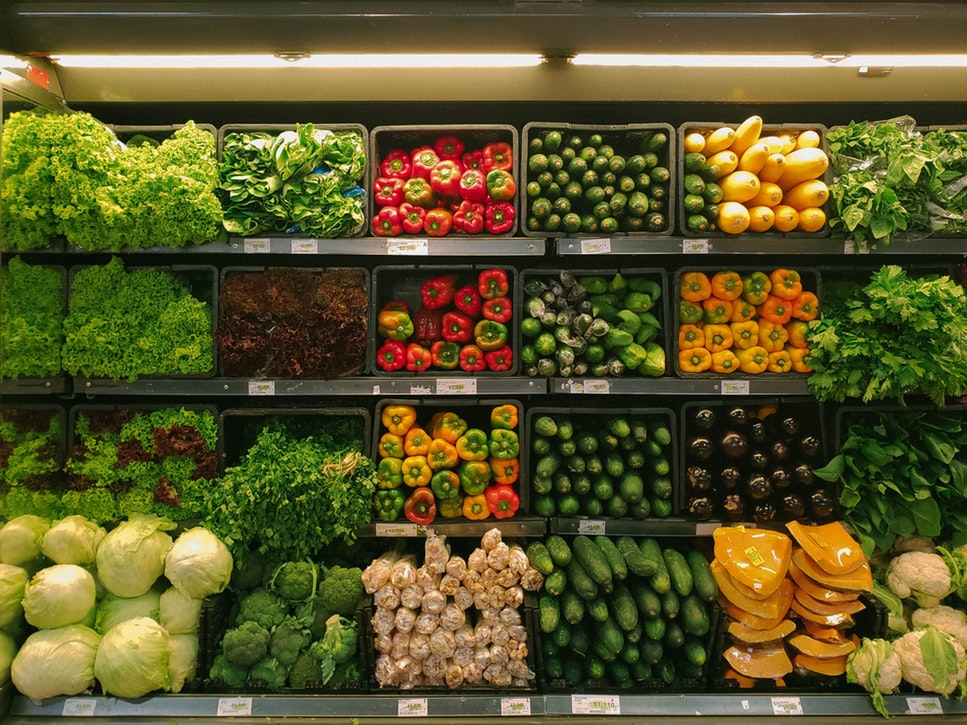
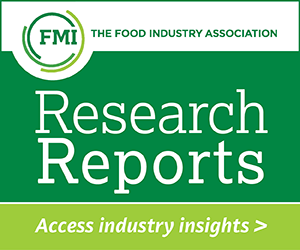

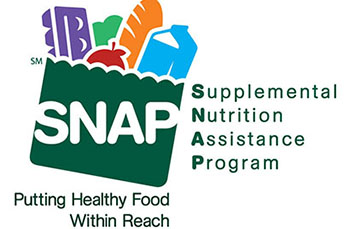








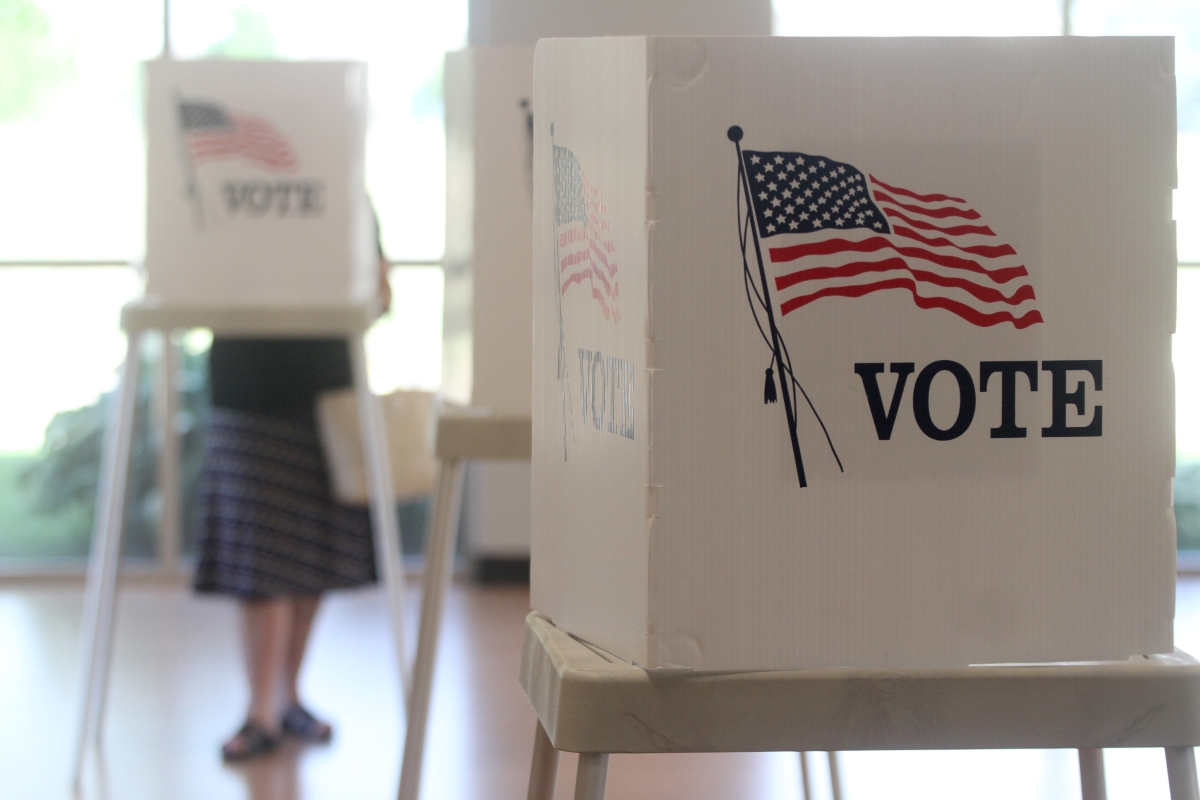



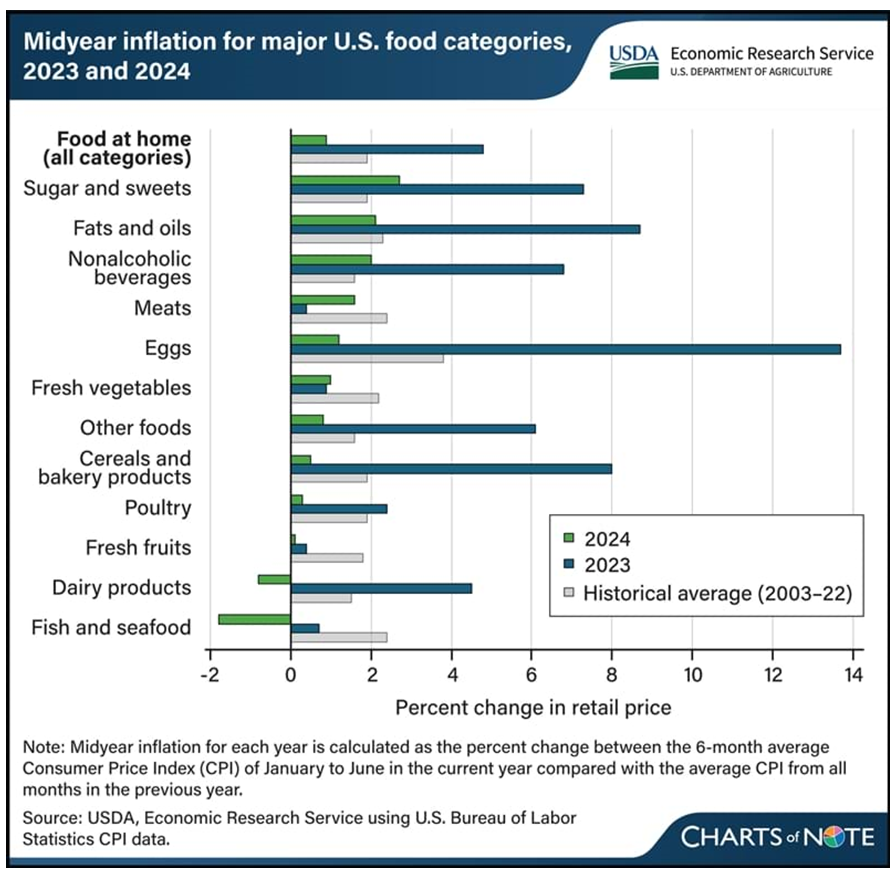
 Industry Topics address your specific area of expertise with resources, reports, events and more.
Industry Topics address your specific area of expertise with resources, reports, events and more.
 Our Research covers consumer behavior and retail operation benchmarks so you can make informed business decisions.
Our Research covers consumer behavior and retail operation benchmarks so you can make informed business decisions.
 Events and Education including online and in-person help you advance your food retail career.
Events and Education including online and in-person help you advance your food retail career.
 Food Safety training, resources and guidance that help you create a company food safety culture.
Food Safety training, resources and guidance that help you create a company food safety culture.
 Government Affairs work — federal and state — on the latest food industry policy, regulatory and legislative issues.
Government Affairs work — federal and state — on the latest food industry policy, regulatory and legislative issues.
 Get Involved. From industry awards to newsletters and committees, these resources help you take advantage of your membership.
Get Involved. From industry awards to newsletters and committees, these resources help you take advantage of your membership.
 Best practices, guidance documents, infographics, signage and more for the food industry on the COVID-19 pandemic.
Best practices, guidance documents, infographics, signage and more for the food industry on the COVID-19 pandemic.
